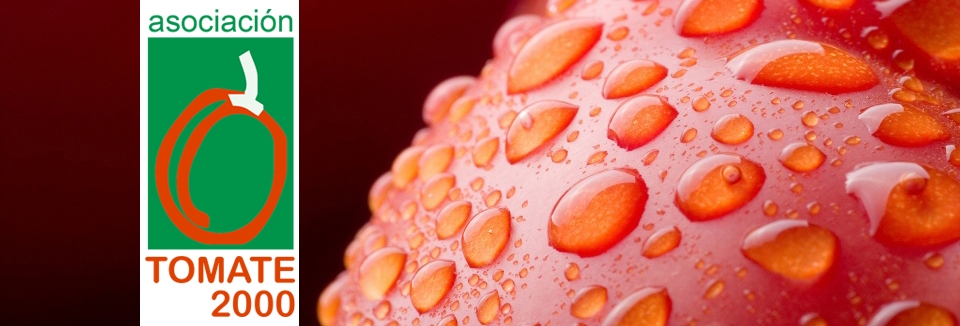Respect for your privacy is our priority
The cookie is a small information file stored in your browser each time you visit our web page.Cookies are useful because they record the history of your activity on our web page. Thus, when you return to the page, it identifies you and configures its content based on your browsing habits, your identity and your preferences.
You may accept cookies or refuse, block or delete cookies, at your convenience. To do this, you can choose from one of the options available on this window or even and if necessary, by configuring your browser.
If you refuse cookies, we can not guarantee the proper functioning of the various features of our web page.
For more information, please read the COOKIES INFORMATION section on our web page.


 Growers need an alternative solution to overcome this issue. For Guillermo San Martin, who is director of the Association Tomate 2000, all of the conditions are suitable for the industry to really take off, except for the initial impetus of adequate funding, which mainly depends on the Fondagro. "This credit line is intended to provide support for the working capital, in order to help growers fund the implementation of all of the technical measures proposed by the INTA (Instituto Nacional de Tecnologia Agropecuaria). In total, national demand amounts to approximately ARS 113 million, for all of the tomato growers linked to Tomate 2000," stated Mr. San Martin.
Growers need an alternative solution to overcome this issue. For Guillermo San Martin, who is director of the Association Tomate 2000, all of the conditions are suitable for the industry to really take off, except for the initial impetus of adequate funding, which mainly depends on the Fondagro. "This credit line is intended to provide support for the working capital, in order to help growers fund the implementation of all of the technical measures proposed by the INTA (Instituto Nacional de Tecnologia Agropecuaria). In total, national demand amounts to approximately ARS 113 million, for all of the tomato growers linked to Tomate 2000," stated Mr. San Martin. Although it has been difficult to improve the sector on a technical level, it benefits from its own system of partnerships that include organizations from the public, private and inter-provincial sectors, constituting a "common front" that brings together nursery operators, growers and processors, mostly from the Mendoza and San Juan regions, who altogether account for 70% of the country's total crop. The goal is to increase the industry's competitiveness, by improving primary production thanks to agricultural yields. Growers estimate that beyond the breakeven point situated between 70 and 75 tonnes per hectare, the crop becomes profitable.
Although it has been difficult to improve the sector on a technical level, it benefits from its own system of partnerships that include organizations from the public, private and inter-provincial sectors, constituting a "common front" that brings together nursery operators, growers and processors, mostly from the Mendoza and San Juan regions, who altogether account for 70% of the country's total crop. The goal is to increase the industry's competitiveness, by improving primary production thanks to agricultural yields. Growers estimate that beyond the breakeven point situated between 70 and 75 tonnes per hectare, the crop becomes profitable.



























